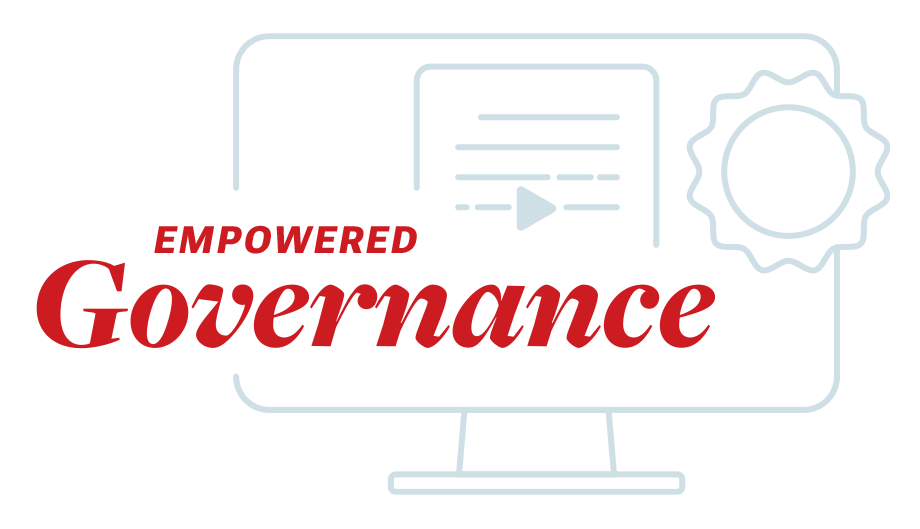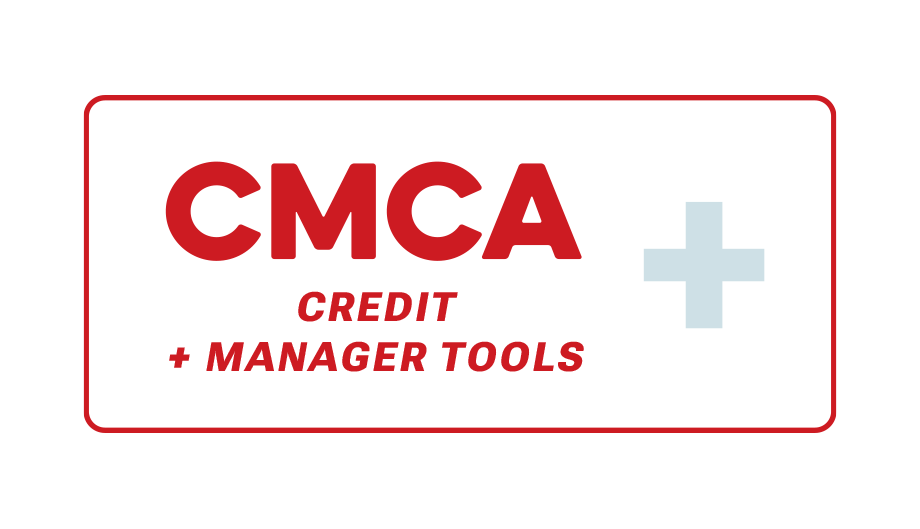Training Session: Empowered Governance
Our newest Training Tool Launches in October 2025
In October of 2025 Moeller Graf will be launching the first of its kind interactive tool targeted at meeting the ever-growing demand of HOA board member education. This initial product will focus on the eight areas outlined as modules. The content will be targeted for approximately 100 minutes of content while interactive checkpoints and knowledge-based questions will solidify understanding. Additional modules will be released in the coming month after the initial release, all geared towards creating certification level standards for the board members that are seeking a better way to “Contribute Meaningfully”.
CMCA credit and other manager related tools will also be an offering with this unique product slated for release in December of 2025, geared towards convenience and accumulating knowledge.
Summary
The pressure on community association board members increases with every passing year. Owners’ expectations--and their suspicions--are on the increase. Legislatures around the country are increasing the complexity of association operations. The cash crunch, a combination of deferred maintenance, insufficient reserve funding, and dramatically increasing operating costs, has many associations in conflict. Notwithstanding these pressures, rational volunteers need to show up and be willing to serve on boards of directors. We recognize that volunteers have limited time available to volunteer beyond their commitment to the board-- and that they have even less attention to give to traditional boring corporate training classes on community governance and leadership. Our goal is to help rational volunteers Contribute Meaningfully to their communities by empowering them with the information that is rarely passed on to them as new or emerging leaders. Rather than the traditional “fact spray” of corporate trainings, we will instead provide context and meaning to things that might appear, to the uninitiated, to be meaningless. We intend to equip board members with the tools necessary to create a “state change,” shifting them from a defensive, hesitant posture to one of confident contribution and intuitive leadership.
Module 1
The Role of a Board Member
Objectives: Understand your responsibilities, limitations, and protections as a volunteer leader.
Why serve on the board? The impact of strong leadership.
Legal and ethical duties: Fiduciary duty, duty of care, and duty of loyalty.
Boundaries and burnout: Setting limits as a volunteer.
How am I protected? Indemnification, D&O insurance, and liability.
Professional management: Do we have it? When do we need it?
Module 2
Governing Documents & Community History
Objectives: Learn the hierarchy and purpose of governing documents.
What is a Common Interest Community (CIC)?
History of deed-restricted developments.
Overview of governing documents:
Declaration (CC&Rs)
Articles of Incorporation
Bylaws
Rules & Regulations
How these documents interact.
What board members must know about each document.
Module 3
Navigating State Law
Objectives: Understand how state statutes affect your decisions.
Overview of key HOA laws applicable in our state.
When statutes override governing documents.
Common legal traps for board members and how to avoid them.
Module 4
Running Effective Board Meetings
Objectives: Learn the structure and function of productive meetings.
Meeting formats: Board meetings, executive sessions, working sessions.
When and how to speak as a board member.
Transparency and owner interaction.
Best practices for agendas, minutes, and decorum.
Module 5
Board Decisions Outside of Meetings
Objectives: Know when and how to act between formal meetings.
Emergency or interim decisions.
Unanimous written consent and its legal implications.
Email voting and how to best do it.
How to document and communicate out-of-meeting decisions.
Module 6
Owner Meetings
Objectives: Clarify roles, procedures, and legal requirements for owner meetings.
Types: Annual, special, budget ratification, etc.
Notice requirements and legal timelines.
What can be discussed or decided.
Voting methods: Ballots, proxies, and electronic voting.
Module 7
Budgets, Assessments & Reserves
Objectives: Ensure financial health and legal compliance.
How to develop and ratify the budget.
Regular assessments vs. special assessments.
Reserve funds: What they are and how to manage them.
Reserve studies and long-term planning.
Module 8
Corporate Best Practices
Objectives: Operate the corporation responsibly, with increased owner participation, and feel good while doing it.
How to increase owner confidence in association operations.
How to place reasonable limits on volunteer service.
How to de-escalate conflict in real time
How to effectively work with a management company and other vendors.













